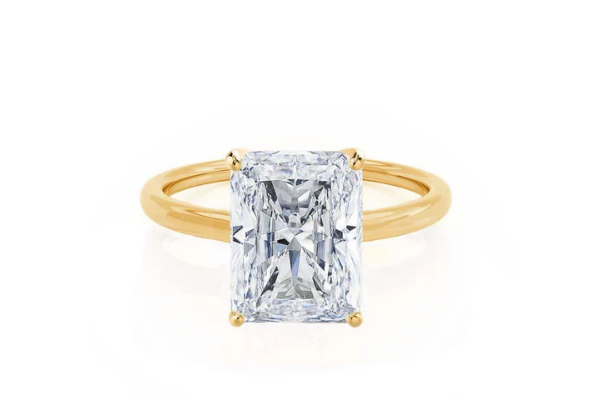When people think of careers in the fashion industry, they often envision designers sketching clothing and bringing their creative visions to life. However, the fashion industry is vast and multifaceted, offering a plethora of career opportunities beyond designing. These roles are essential to the functioning of the industry, each contributing to the process of bringing fashion from concept to consumer. This article explores various non-design career paths within the fashion industry, highlighting the diverse opportunities available for those passionate about fashion.
Key Non-Design Careers in Fashion
Fashion Merchandising and Buying
Fashion merchandisers and buyers play a critical role in determining the products that make it to retail stores. Their job involves understanding market trends, predicting consumer preferences, and selecting the right products to stock.
Fashion Merchandisers: They focus on planning and promoting products to maximize sales. This involves analyzing sales data, understanding customer behavior, and coordinating with designers and manufacturers to ensure that the products meet consumer demands. Fashion merchandisers also work on pricing strategies, store layouts, and product displays to enhance the shopping experience and drive sales.
Fashion Buyers: Buyers are responsible for selecting and purchasing the products that will be sold in stores. They travel to fashion shows, trade fairs, and supplier meetings to stay abreast of the latest trends and negotiate with suppliers to get the best deals. Buyers must balance creativity with analytical skills to choose items that will appeal to consumers and fit within the budget and strategic goals of the retailer.
Fashion Marketing and Public Relations
Marketing and public relations professionals are essential in building and maintaining the brand image of fashion companies. They ensure that the brand reaches its target audience and creates a positive impression.
Fashion Marketers: They develop strategies to promote fashion products and brands through various channels, including social media, print media, and events. Their goal is to create compelling campaigns that capture the essence of the brand and resonate with the target audience. Fashion marketers must be adept at market research, consumer behavior analysis, and trend forecasting to create effective marketing strategies.
Public Relations Specialists: PR specialists manage the public image of fashion brands. They work on building relationships with media outlets, influencers, and celebrities to secure coverage and endorsements. PR professionals also handle press releases, manage crises, and organize events like product launches and fashion shows to generate buzz and maintain a positive brand image.
Fashion Retail Management
Retail management is crucial in delivering the fashion products to the end consumers. This sector requires a combination of customer service, sales skills, and an understanding of fashion trends.
Store Managers: They oversee the daily operations of fashion retail stores. Responsibilities include managing staff, ensuring customer satisfaction, monitoring inventory, and meeting sales targets. Store managers must possess strong leadership and organizational skills to create an efficient and welcoming shopping environment.
Visual Merchandisers: They are responsible for creating appealing store displays that attract customers and encourage purchases. This involves designing window displays, in-store layouts, and promotional setups that reflect the brand’s image and the latest trends. Visual merchandisers need a keen eye for aesthetics and a deep understanding of consumer psychology.
Emerging Careers in Fashion
Fashion Technology and E-Commerce
With the rise of digital technology, new career opportunities are emerging in fashion technology and e-commerce. These roles are at the intersection of fashion and tech, driving innovation in the industry.
E-Commerce Managers: They oversee online sales channels, ensuring that the digital shopping experience is seamless and engaging. Responsibilities include managing the website, analyzing online sales data, and developing strategies to increase traffic and conversion rates. E-commerce managers need to be tech-savvy and have a strong understanding of digital marketing.
Fashion Technologists: These professionals work on integrating technology into fashion. This can include developing smart textiles, wearable technology, and using advanced software for design and production. Fashion technologists need a background in both fashion and technology, often working closely with designers and engineers to bring innovative products to market.
Sustainability and Ethical Fashion
As consumers become more aware of environmental and ethical issues, careers in sustainability and ethical fashion are gaining prominence. These roles focus on creating fashion that is both stylish and responsible.





